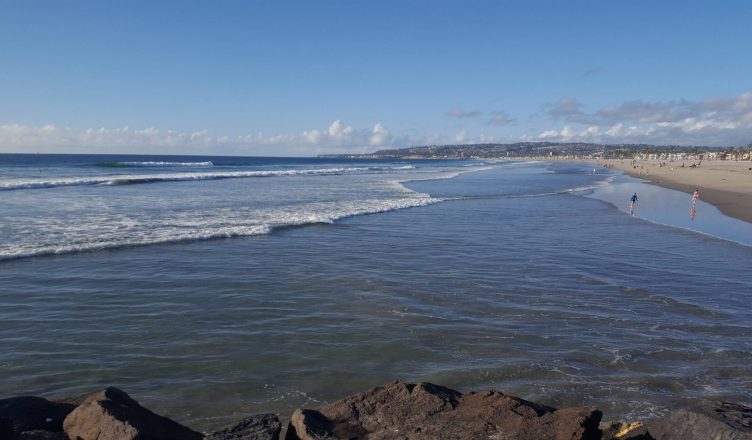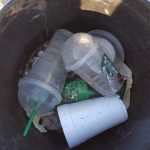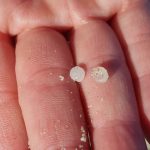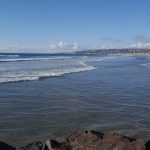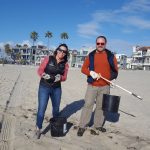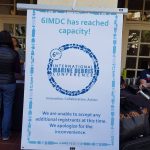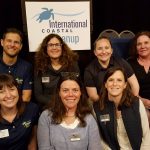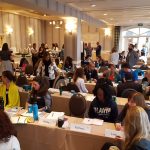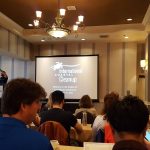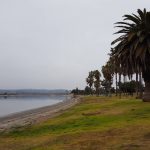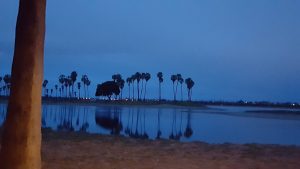
In March, I attended two conferences in San Diego: an International Coastal Cleanup Coordinator’s meeting hosted by the Ocean Conservancy and the 6th International Marine Debris Conference. These meetings filled me with ideas, inspiration and potential partnerships to use back here in New England. It was exciting to join over 700 participants from more than 50 countries in working to solve the problem of plastic pollution.
Since March, I’ve been processing all the new information and applying it to our work here in New England. Plastic pollution is an overwhelming issue, but there are many dedicated people working to address the problem. There’s still a lot we don’t know about pollution and its effects on humans and wildlife. But the time to take action is now, and we can all make a difference, no matter where we live.
Important Themes
There were more than 400 presentations at the conference, but several themes reappeared during the week. Here are a few takeaways relevant to our work here in New England:
- Beach cleanups don’t solve the problem of plastic pollution, but generate data that is crucial in helping organizations and policy makers prevent pollution. Thank you to everyone who has been involved in our cleanups and helped us generate this data, which is used not only in our projects and programs, but locally and nationally.
- Recycling isn’t the answer. It feels great to throw that plastic bottle in the bin, but it would be much better not to use that plastic bottle in the first place. Individually we can all do our part, but we can also press manufacturers and stores to reduce plastic packaging.
- Unfortunately, biodegradable and compostable plastics aren’t the answer, either. These feel-good products present many issues with disposal and most can only break down in an industrial composting facility (the good news locally: Mr. Fox Composting works with many homeowners and restaurants).
- Microplastics and microfibers (i.e., synthetic fibers from our clothing and other products) were a major topic of the conference. These tiny plastics are showing up everywhere – in our water, air and in species of all sizes. However, we still have a lot to learn about their impacts on humans and wildlife.
- Climate change and storm events create a bigger problem. The 2011 tsunami in Japan happened just before the 5th International Marine Debris Conference. This year’s conference had a whole session devoted to the tsunami and its marine debris impacts. Many of us have seen what recent storms have done to our beaches. As a result, we are working on implementing a “storm team” to remove debris from our beaches before and after storm events (interested in being involved? Send an email!).
Sharing Our Work
During the conference, I presented on our new Hooksett Disk Story Map, and sightings of whales and marine debris in the Gulf of Maine. Since spreading the word, we’ve gotten more submissions of disk sightings!
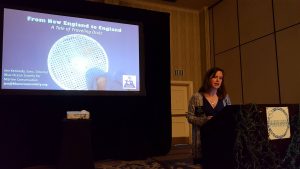 |
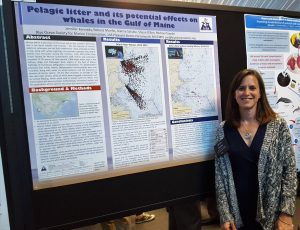 |
Zero Waste!
The conference organizers did their best to make the conference as zero waste as possible. This included using reusable dinnerware, handing out eco-friendly conference swag (e.g., cool stainless steel tumblers), and having reusable chalkboard name tags. I wish that every day I had ready access to water bottle refill stations and composting binsin our local cities and towns.
It was great to connect with old and new colleagues and share ideas. We look forward to sharing info with you in the coming months, and implementing some new projects!

